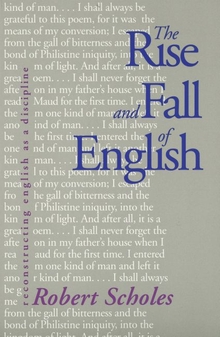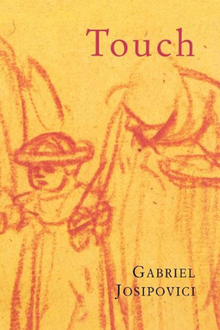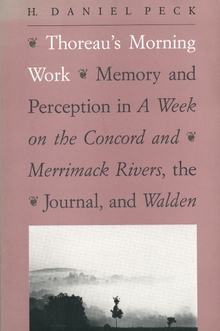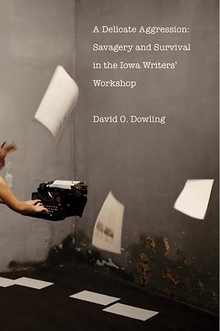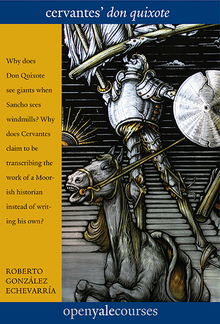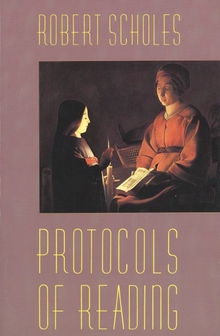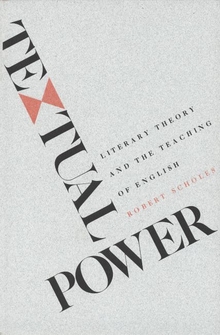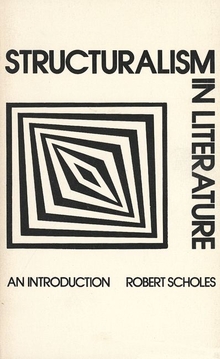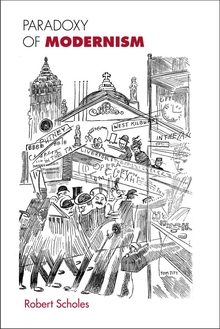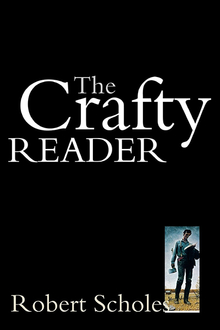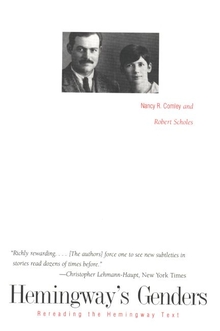The Rise and Fall of English
WARNING
You are viewing an older version of the Yalebooks website. Please visit out new website with more updated information and a better user experience: https://www.yalebooks.com
Reconstructing English as a Discipline
Robert Scholes
The book begins by examining the history of the rapid rise of English at two American universities—Yale and Brown—at the end of the nineteenth and beginning of the twentieth century. Scholes argues that the subsequent fall of English—discernible today in college English departments across the United States—is the result of both cultural shifts and changes within the field of English itself. He calls for a fundamental reorientation of the discipline—away from political or highly theoretical issues, away from a specific canon of texts, and toward a canon of methods, to be used in the process of learning how to situate, compose, and read a text. He offers an eloquent proposal for a discipline based on rhetoric and the teaching of reading and writing over a broad range of literatures, a discipline that includes literariness but is not limited to it.
A selection of Readers’ Subscription
"Witty, engaging. . . . Educators will be indebted to Scholes for addressing the problems and doubts they face."—Publishers Weekly
"Scholes. . . broaches the prospect of restructuring English curricula in colleges and universities in such easy, readable prose that even lay readers can readily understand and appreciate his points. . . All those interested in the teaching of English and literature should read, and ponder, this book."—Library Journal
"What is . . . impressive is the argument at the core of his proposals that reading and writing or the consumption and production of texts must be merged in the future study of English. Not because all students of literature will become professional writers, but rather because students will become, as he puts it. 'better readers of literature because of their attempts to write it.'"—Christopher Lehmann-Haupt, New York Times
"Robert Scholes (Brown Univ.) is ideally situation to write this personal and thoughtful treatise.. . . Many English professionals, weary of culture wars and irrelevant scholarship will find here a balanced and thought-provoking call for change."—Choice
"Scholes is . . . a duly sanctioned graybeard writing as a spy within the house of letters. And he is a most successful spy, since his beautifully written critique fits neatly within the belles lettres tradition to which he takes such exception."—Thomas M. Leitch, Examiner and Chronicle
"His tone is both impassioned and valedictory, as if he were gathering his earlier ideas into one politely blistering final argument, and he is well worth listening to. . . . [A] beautifully written critique."—Thomas Leitch, San Francisco Examiner & Chronicle
"An engaging, delightfully readable book by one of the leading commentators and theorists in the field."—Michael Bérubé, University of Illinois at Urbana-Champaign
"Robert Scholes, like many other educators, recognizes that there is something fundamentally wrong with the teaching of English in our schools today. But unlike most educators, Scholes is not afraid to try to do something about it. . . . Elegantly, he describes the usable and largely unusable cultural past located in the English literature curriculum of two leading universities, Yale and Brown, both of which he knows well. . . . Scholes doesn’t lament this progress but sees it as an opportunity for change."—Barbara Fisher, Boston Sunday Globe
"Robert Scholes is . . . a master of the relationship between politics and literature, a shrewd observer of the relationship between politics and literature, a shrewd observer of what has happened to the teaching of English from the time it first became a university subject. The Rise and Fall of English is an absolute must. [Scholes] understands how the teaching of rhetoric led to the teaching of English literature, then American and other literatures in English, then the use of these texts as pretexts to hold forth in the cause of other agendas. He knows about the infighting and the larger cultural shifts, and he pursues the events without just throwing up his hands in despair."—Leonard R. N. Ashley, Chronique
"Scholes’s book has the potential to seriously change the fabric of our discipline and to put cultural studies into concrete material practice at all levels of higher education and in the schools."—Kathleen McCormick, College Literature
Publication Date: November 10, 1999

